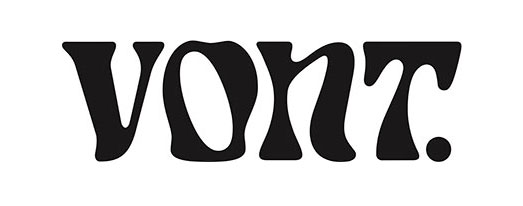A short(fill) education
on zero-nicotine eliquids
At a manufacturing level, the vape industry is full of mis-information and ignorance around the actual requirements for short-fill products. So much so that we felt it necessary to share our knowledge and understanding with the industry. It is apparent that some brands are completely ignoring the regulations and making hay while the sun shines! Of course, there are an equal amount that genuinely have no idea of their obligations for regulatory compliance, but are trying to achieve a compliant status.
Its no secret that many brand owners saw the zero-nicotine loophole in the TPD and exploited it to the max, with 10ml nicotine-containing-liquids collecting dust on warehouse shelves, whilst shortfills gain more momentum and new brands are released by the day. The majority of products sold in Europe currently are shortfill products, in either the 50ml in a 60ml bottle or 100ml in a 120ml bottle which are then back filled with a 10ml (or 2 x 10ml) nicotine shot(s).
Many think this was oversight by the EU member state regulators, but in truth the feedback was that they didn’t believe TPD (
Tobacco Products Directive 2014/40/EU
) would have got through if they had insisted on zero-nicotine being included in the regulations. In the UK at least, enforcement for shortfill products is being conducted under the General Products Safety Regulations 2005 (which is the UK transposition of the GPSD).
The GPSR has a benchmark for the minimum requirements, which pushes the onus back onto the manufacturers and importers of products, to ensure the product they make available on the market is safe for purpose. National Trading Standards would look towards benchmarks already set under TPD, such as;
- screening for banned chemicals
- Emissions testing
- Safety Data Sheets
System for tracking safety concerns
If one aspect of this is missing then you are non-compliant and will face the penalties (which can be severe). Whilst it would be the retailer who gets hit first, through having stock seized by Trading Standards, this ripple would quickly make its was back to the brand owners. The Importers would face the stiffest penalties with both financial and custodial sentences on the table. The brand owner would of course have the damage to the brand reputation to deal with, although they are likely to escape the local penalties.
The industry as a whole must begin to realise it has an obligation and a duty of care to the consumers and ensure a benchmark of safety on products. This benchmark doesn’t need to cost a fortune and in the main a product can be screened, tested and documented for as little as £500 per flavour profile.
We can help you build a due diligence program that is endorsed by Trading Standards with “assured advice” and will help to keep your products on the shelves. If you would like to find out more, please
contact us
to arrange a call.
Author: Lee Bryan – Arcus Compliance Ltd
Posted on April 17, 2018 by Lee Bryan









